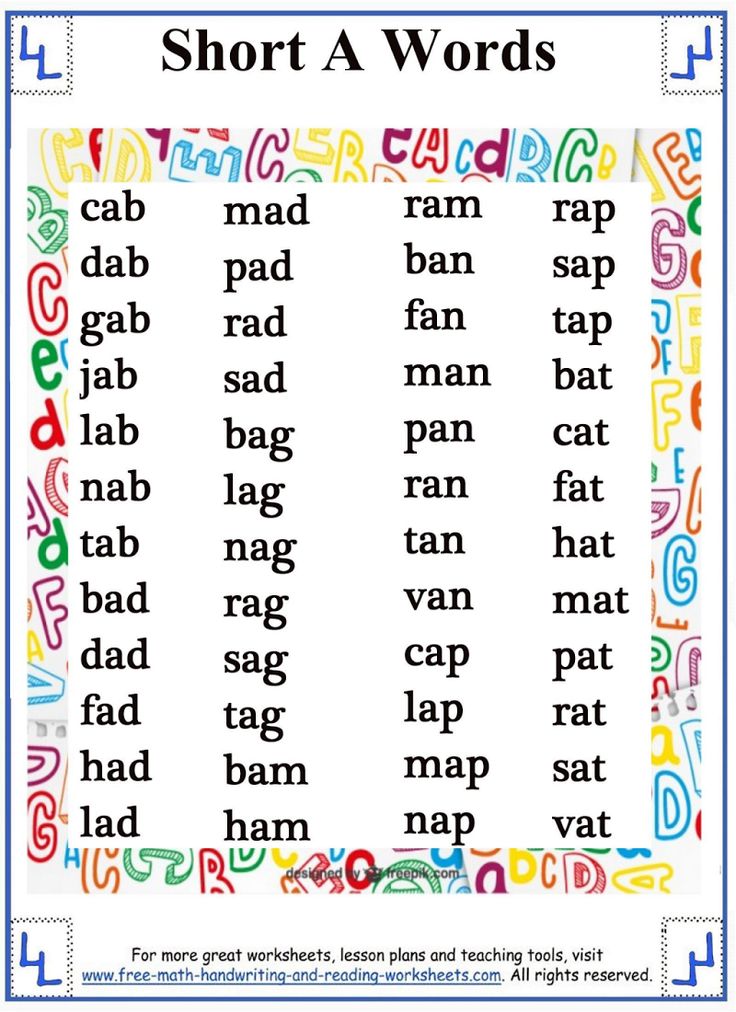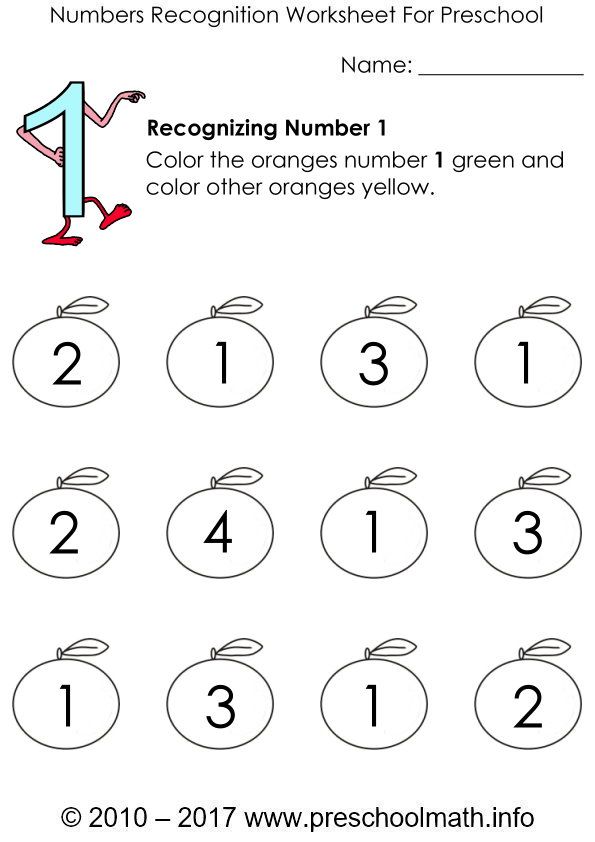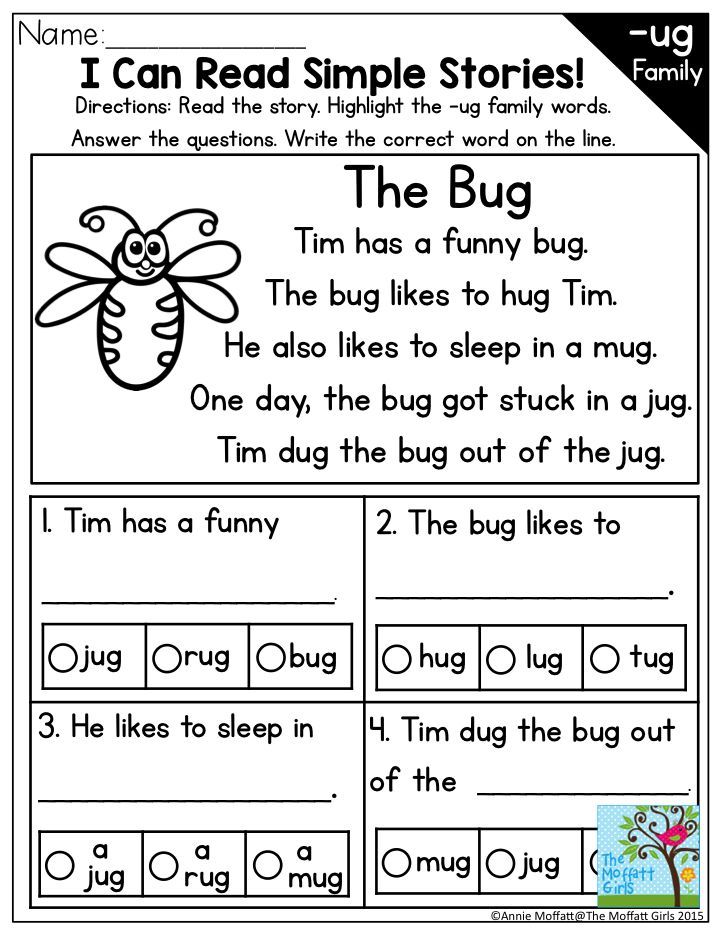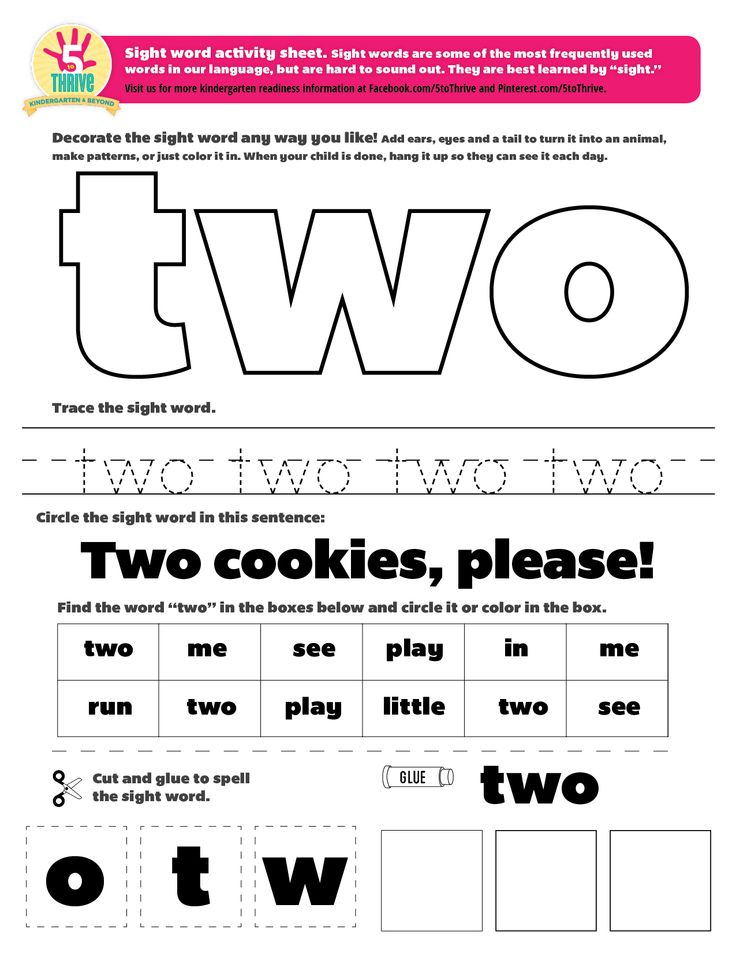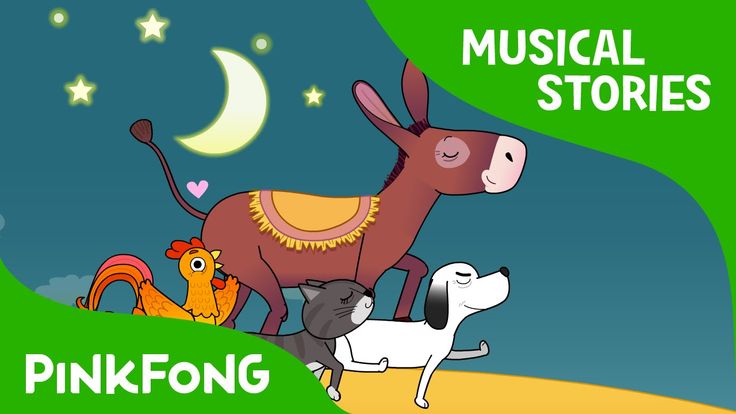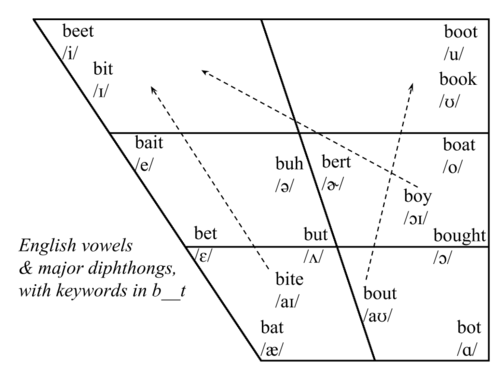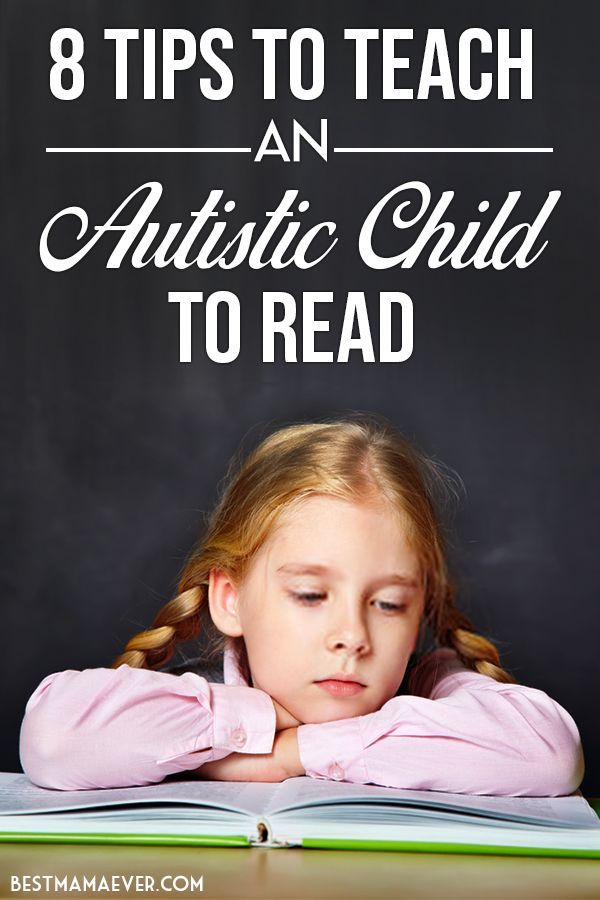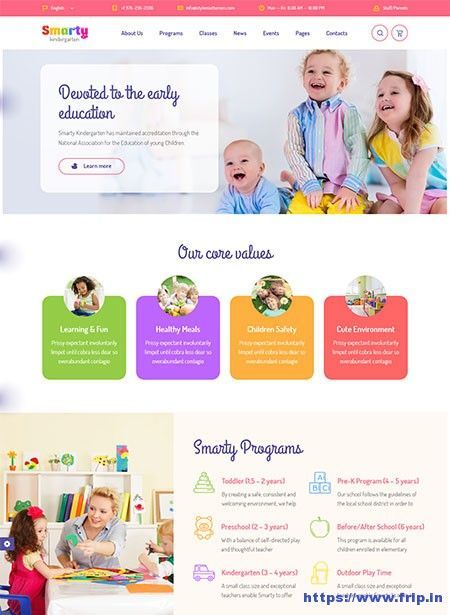Chicken little sky
The Story of Chicken Little: The Sky is Falling
© Written by Tasha Guenther and illustrated by Leanne Guenther
Fairy tale based on the original story first collected by Danish librarian Just Mathias Thiele.
There was once a big farm near a vast field, and here there lived a hen named Penny. She was great friends with everyone, and those who knew her gave her many names.
She was a tiny hen. The other chickens in the yard would tease her for her size. They often termed her “Chicken Little.” While Penny surprisingly loved this name, her favorite thing to be called was “Henny-Penny,” given to her by the other fowls that lived nearby. The rhyme was perfect, it was sweet, and she liked it very much.
One morning, as Henny-Penny was plucking worms in the henyard, an acorn dropped from a tree right onto her head! She had no idea what had hit her, however, and so she started shouting:
“The sky is falling! The sky is falling!”
She ran around in circles for a while, calmed herself, and then got right to waddling—she had to alert the king!
She waddled and waddled and waddled until she found her excellent friend Rooster-Booster.
“What’s the matter, Henny-Penny?” he asked.
“Oh, Rooster-Booster, the sky is falling! The sky is falling! And we must alert the king!” she cried.
“Oh, we must, we must!” he cried back.
Henny-Penny and Rooster-Booster waddled and waddled and waddled until they saw their wonderful pal Ducky-Chucky.
Now, Ducky-Chucky was basking in the sun near the pond’s edge when he noticed the two chickens fast-approaching.
“Henny-Penny, Rooster-Booster: hello! Fine day, isn’t it?” Ducky-Chucky giggled and splashed into the water.
“Oh, Ducky-Chucky, the sky is falling! The sky is falling! And we must alert the king!” Henny-Penny exclaimed.
“Oh, we must, we must!” Rooster-Booster chimed in.
Ducky-Chucky bounded from the pond and joined his friends immediately. As he shook his little webbed feet free of water, he felt the warm sun dry them quickly and wondered how the sky could fall on a warm summer’s day such as this one.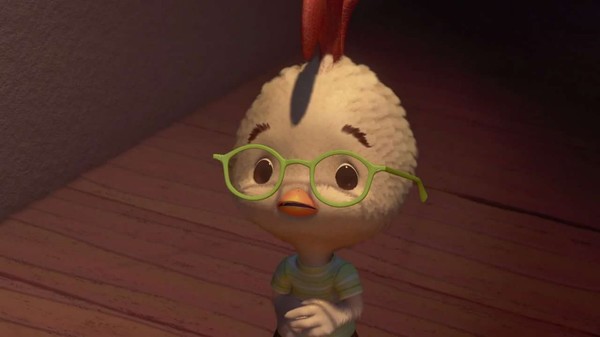
He looked at the concern on his friends’ faces, nevertheless, and shrugged his wonders away.
Henny-Penny, Rooster-Booster, and Ducky-Chucky waddled and waddled and waddled until they met up with the brawny Goosie-Brucie floating with ease at the other end of the pond.
“Oh, Goosie-Brucie,” Henny-Penny began, “the sky is falling! The sky is falling! We must alert the king!”
“Oh, we must, we must!” Rooster-Booster chimed in.
Ducky-Chucky looked back up at the blazing sun and again wondered how the sky could fall on a warm summer’s day such as this one.
Goosie-Brucie wanted to protect his fowl friends, and he wanted to join them on their journey to the nearby palace, but he had a question about the sky above.
“Henny-Penny…” he started. “How do you know the sky is falling?”
“Well, it fell right on my head!” she answered.
Goosie-Brucie puffed his chest feathers instantly and moved right along, shrugging his question away.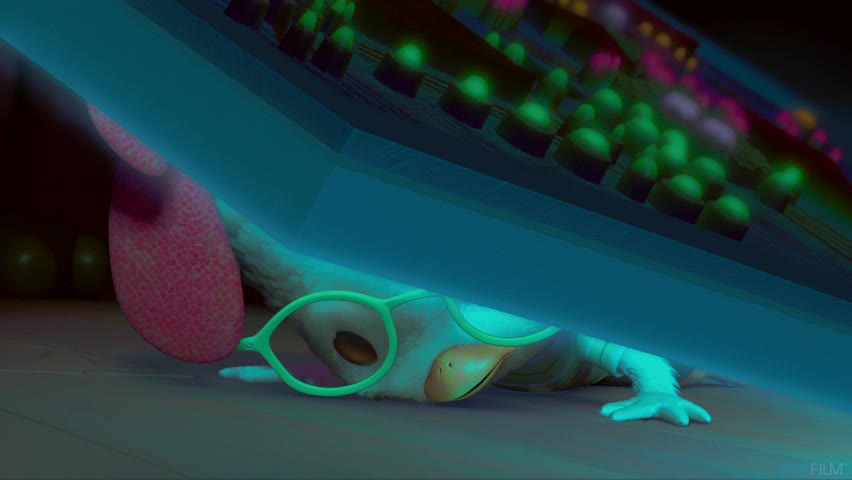
Henny-Penny, Rooster-Booster, Ducky-Chucky, and Goosie-Brucie waddled and waddled and waddled until they came to the farm fence. They noticed the eccentric Turkey-Perky pecking on the other side.
“Oh, Turkey-Perky, the sky is falling! The sky is falling! We must alert the king!” Henny-Penny squealed.
“Oh, we must, we must!” Rooster-Booster chimed in.
Again, Ducky-Chucky, now hot as ever and missing his pond, wondered how the sky could fall on a warm summer’s day such as this one.
Goosie-Brucie again asked aloud, “How do we know the sky is falling?”
“It fell right on my head, I say, I say!” Henny-Penny shouted in desperation.
Now, Turkey-Perky stopped pecking and turned to the group:
“Rooster-Booster, did you see the sky fall?”
“No, I did not,” the rooster replied quietly.
“And, Ducky-Chucky, you look strained: how are you feeling?” Turkey-Perky asked.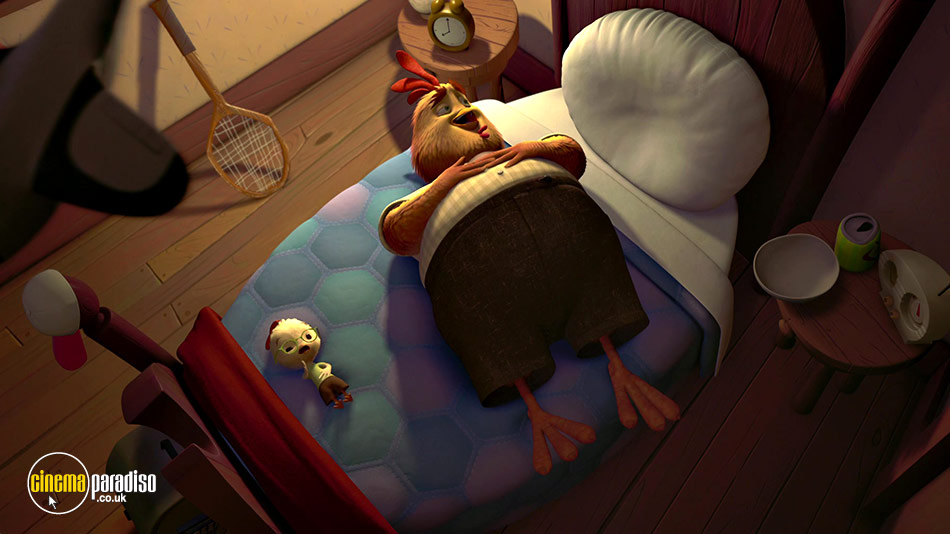
“Well, I am concerned, I am hot, and I wonder how the sky could be falling on such a beautiful day,” he replied.
“And Goosie-Brucie,” Turkey-Perky turned to the burly bird, “You do not see any sky falling, do you?”
“No, I do not,” the goose responded.
“Ha-ha! Well, then, I will come with you on your merry way, but we’ve all got some doubts, Penny!” the turkey said with glee. He was interested to see where this adventure would go.
Henny-Penny, Rooster-Booster, Ducky-Chucky, Goosie-Brucie, and Turkey-Perky waddled and waddled and waddled until they could see the palace just beyond the farmer’s field.
As they waddled over the last hill of the vast field, they saw a flash of reddish-brown before them. It was Mr. Fox!
None of the fowl friends had met this sly creature before, but they had heard rumors of his trickery and appetite. Henny-Penny and Rooster-Booster were oblivious, though, and desperate to keep moving.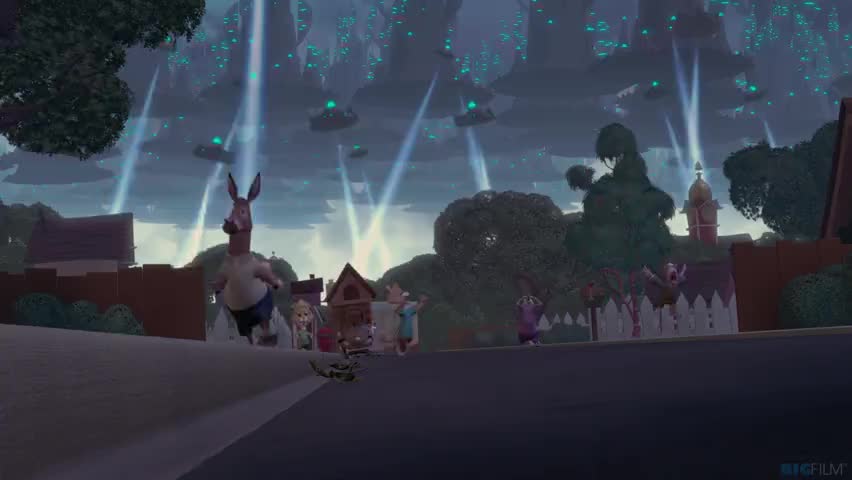 Ducky-Chucky suddenly shivered, forgetting the day’s heat, while Goosie-Brucie’s chest became even puffier; Turkey-Perky just stopped and smiled.
Ducky-Chucky suddenly shivered, forgetting the day’s heat, while Goosie-Brucie’s chest became even puffier; Turkey-Perky just stopped and smiled.
“Hello, hello, hello,” cooed the fox.
“Oh, Mr. Fox, the sky is falling! The sky is falling! We must alert the king!” Henny-Penny shouted.
“Oh, we must, we must!” Rooster-Booster chimed in. But the other birds stayed silent.
“Ah, yes, the sky is falling! And I know where the king is!” replied a delighted Mr. Fox. He licked his lips and gestured the birds to follow him past a large tree and back over the hill.
Henny-Penny and Rooster-Booster began to waddle and waddle and waddle in the direction of Mr. Fox. Turkey-Perky whispered something to Ducky-Chucky and Goosie-Brucie, and then the three waddled closely behind the rest.
As Mr. Fox led Henny-Penny and Rooster-Booster into a hole in the hill just under the tree, Ducky-Chucky bounded into action. There was a small patch of water beside the opening, and the duck giggled with delight as he splashed his feet loudly.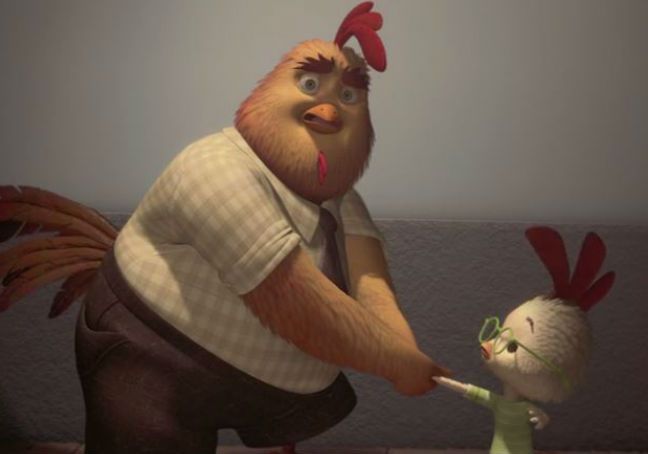
Rooster-Booster and Mr. Fox re-emerged from the hole, suddenly distracted by all the quacking and splashing. Goosie-Brucie looked at Turkey-Perky, who gave him the signal, and stood right under the tree over the hole. The goose puffed his chest out as hard as he could muster and bumped the trunk, causing the tree to shake. Several acorns fell, covering the hole and hitting Mr. Fox, knocking him out cold. Turkey-Perky pecked and pecked and pecked up the acorns until there was just enough room for the tiny hen to escape out of the hole. “Chicken Little” indeed! By now, she had seen the acorns collapse and knew what had fallen on her head earlier.
Henny-Penny, Rooster-Booster, Ducky-Chucky, Goosie-Brucie, and Turkey-Perky waddled and waddled and waddled back home to safety. Henny-Penny hugged her fowl friends and kissed Turkey-Perky on the cheek, grateful that the fox had not eaten them—and that the world was not ending! Instead, they all lived happily ever after.
Printable version of this story
My name is Tasha Guenther. I currently live in Hamilton, Ontario, Canada, while I finish my Ph.D. in Cultural Studies with a concentration in digital cultures at McMaster University. I am an avid academic essay/book chapter writer, but I also enjoy writing short stories and non-fiction pieces. You can read more of my DLTKsCrafts work here!
Alongside my learning, studying, and thinking about digital platforms and critical theory, I appreciate long conversations with close friends, reading poetry, and taking photos of my cat. Learn more about me here or connect with me on my Instagram, Twitter, VSCO, and Facebook accounts.
Chicken Little
None In this story, Chicken Little and her friends think the sky is falling! They rush off to tell the king, but will sly Foxy Woxy lead them astray? Poor Chicken Little! After getting bonked on the head with an acorn, she's convinced the sky is falling. She tells her friends, and they hurry off to tell the king, but will sly Foxy Woxy lead them astray? Readers can interact with all of Chicken Little's animal friends as one at a time they join Chicken Little to figure out this troublesome situation! Remember to question everything, Chicken Little! show full description Show Short Description
She tells her friends, and they hurry off to tell the king, but will sly Foxy Woxy lead them astray? Readers can interact with all of Chicken Little's animal friends as one at a time they join Chicken Little to figure out this troublesome situation! Remember to question everything, Chicken Little! show full description Show Short Description Classics
Share your favorite stories with your child. Enjoy classic bedtime stories from your childhood like Chicka Chicka Boom Boom, Chicken Little, Where the Wild Things Are, and Harold and the Purple Crayon.
view all
Chicka Chicka Boom Boom
Harry the Dirty Dog
Wheels on the Bus
Chicken Little
The Snowy Day
The Dot
Where the Wild Things Are
Duck on a Bike
Swimmy
Harold and the Purple Crayon
One membership, two learning apps for ages 2-8.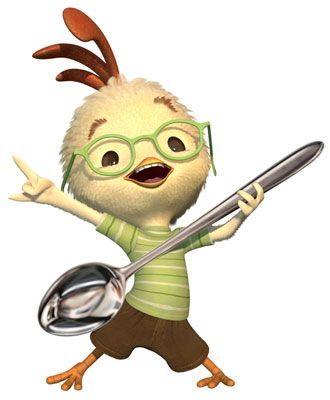
TRY IT FOR FREE
Full Text
One day Chicken Little was playing in the yard when, whack!, an acorn hit her on the head. “The sky is falling! The sky is falling!” she said. “I have to tell Cocky Locky.” “Cocky Locky! Cocky Locky! The sky is falling! The sky is falling!” Cocky Locky said, “It is? Well then, we have to tell Ducky Daddles!” “Ducky Daddles! Ducky Daddles! The sky is falling! The sky is falling!” Ducky Daddles said, “It is? Well then, we have to tell Goosey Poosey!” “Goosey Poosey! Goosey Poosey! The sky is falling! The sky is falling!” Goosey Poosey said, “It is? Well then, we have to tell Turkey Lurkey!” “Turkey Lurkey! Turkey Lurkey! The sky is falling! The sky is falling!” Turkey Lurkey said, “It is? Well then, we have to tell the king!” But on the way to tell the king, they met Foxy Woxy. “Foxy Woxy! Foxy Woxy! The sky is falling! The sky is falling! We have to tell the king!” Foxy Woxy said, “I can help! Follow me! I know a shortcut to the king.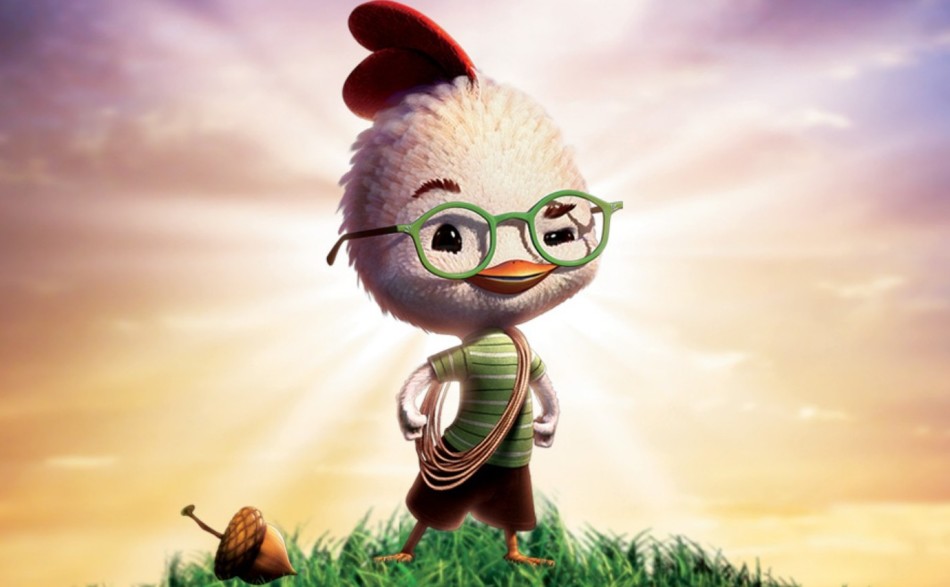 ” Foxy Woxy led Chicken Little, Cocky Locky, Ducky Daddles, Goosey Poosey, and Turkey Lurkey right to his den. He licked his lips and said, “Step inside to see the king.” “Tricky Foxy Woxy! The king is not in there!” they shouted and ran away as fast as they could. At last they arrived at the castle. “King! King! The sky is falling! The sky is falling! A piece of it fell on my head!” “The sky is not falling. An acorn fell on your head,” the king chuckled as he plucked the acorn from Chicken Little’s head. And so Turkey Lurkey, Goosey Poosey, Ducky Daddles, Cocky Locky, and Chicken Little went back home. “Whew! The sky is NOT falling!”
” Foxy Woxy led Chicken Little, Cocky Locky, Ducky Daddles, Goosey Poosey, and Turkey Lurkey right to his den. He licked his lips and said, “Step inside to see the king.” “Tricky Foxy Woxy! The king is not in there!” they shouted and ran away as fast as they could. At last they arrived at the castle. “King! King! The sky is falling! The sky is falling! A piece of it fell on my head!” “The sky is not falling. An acorn fell on your head,” the king chuckled as he plucked the acorn from Chicken Little’s head. And so Turkey Lurkey, Goosey Poosey, Ducky Daddles, Cocky Locky, and Chicken Little went back home. “Whew! The sky is NOT falling!”
1
We take your child's unique passions
2
Add their current reading level
3
And create a personalized learn-to-read plan
4
That teaches them to read and love reading
TRY IT FOR FREE
Who came first - the chicken or the egg?
Oddly enough, this famous question can be answered unambiguously - the egg appeared first. Only this egg was not chicken at all. Or maybe not quite chicken.
Only this egg was not chicken at all. Or maybe not quite chicken.
But first, to make the answer clearer, you need to understand what is a chicken and what is a chicken egg. It would seem, what is there to explain? Everyone already knows this: mom buys eggs in the store, and all the children saw the chicken in the picture or in the zoo (and some of them in the wild, in the village). However, in reality, things are often not at all like what they seem to be when you just look at them.
You have to be especially careful with the egg. You look at it - it seems to be chicken ... And suddenly - bang! And a crocodile hatches from it (Fig. 2). This can lead to dangerous confusion, as in Bulgakov's story "Fatal Eggs" (for me, this is a novel according to all the main diagnostic features, but literary critics know better here).
And all because all the eggs are more or less similar. Not necessarily outwardly: in appearance, you can confuse a chicken egg with a crocodile one, but, of course, no one will confuse a frog or fish egg with a chicken egg.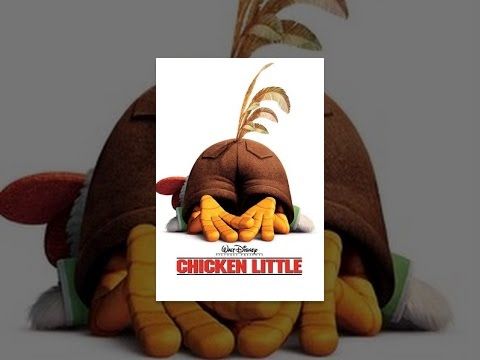 But in essence it is the same thing - fertilized eggs.
But in essence it is the same thing - fertilized eggs.
Ovules are similar in principle to ordinary cells. They also have a nucleus, cytoplasm and an outer membrane. On top of it there is almost always a thin shell of proteins. But a chicken egg is much larger than an ordinary egg and is more complex. The diameter of an ordinary cell is one hundredth or one fiftieth of a millimeter. The diameter of a human egg is about one-twentieth of a millimeter. The egg of a frog - an egg - without a shell has a diameter of about one millimeter. The ovum of a chicken is the yolk of an egg. The nucleus is not visible in it, because it is small and transparent. And everything else, protein and shell, are complex shells (Fig. 3). With them, the chicken dresses her egg to protect the future chicken from drying out, pathogenic bacteria and other adversities.
Some people still seem to think that the yolk is the nucleus of the egg, the protein is the cytoplasm, and the shell is the shell.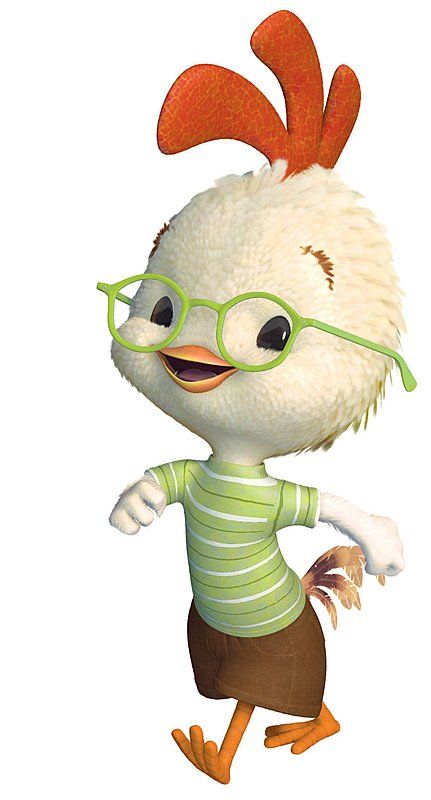 I once, about fifteen years ago, witnessed how a biology teacher explained this in a lesson. In this case, the teacher was wrong! (It’s even partly clear where the wind blows from: geologists and geographers abuse the comparison of an egg with the Earth: the yolk is the nucleus, the albumen is the mantle, and the shell is the earth’s crust.)
I once, about fifteen years ago, witnessed how a biology teacher explained this in a lesson. In this case, the teacher was wrong! (It’s even partly clear where the wind blows from: geologists and geographers abuse the comparison of an egg with the Earth: the yolk is the nucleus, the albumen is the mantle, and the shell is the earth’s crust.)
As in the nucleus of any cell, the nucleus of the egg contains hereditary information. It is written on special very long molecules (they are called DNA). What is hereditary information, in the first approximation, can be explained even to someone who knows nothing about molecules. This is information about how to make a chicken or a person out of an egg. The information is written in letters in one line. The length of this record for a chicken is about two and a half billion letters. There are only four different letters in all organisms. And they make up words of only three letters. Phrases are composed of such words (they are called genes).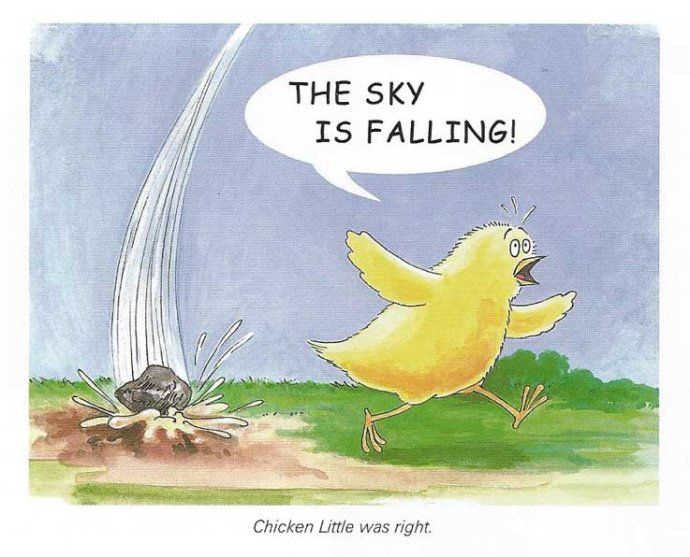 The phrases are quite long. They can have a hundred words or a thousand. Each phrase, if the cell reads it, turns into a protein - a complex molecule-machine.
The phrases are quite long. They can have a hundred words or a thousand. Each phrase, if the cell reads it, turns into a protein - a complex molecule-machine.
It is proteins that contract our muscles, carry oxygen from the lungs, strengthen bones and cartilage, and make all sorts of other substances for us. And the color of our hair and eyes, the shape of the nose and ears, and in many ways even character traits and intelligence depend on the composition of proteins. And in general, all our signs, including species differences between chicken, crocodile and man.
In fact, the "line" in the chicken cages is cut into 78 segments. These segments are called chromosomes. The cell knows how to copy information - to make a second copy of each chromosome. Then each segment is wound very tightly on special coils of proteins - to make it easier to divide them. And after that, the nucleus and the cell itself can divide in half.
In a chicken or a human, the body is made up of hundreds of billions of cells, all of which come from the egg.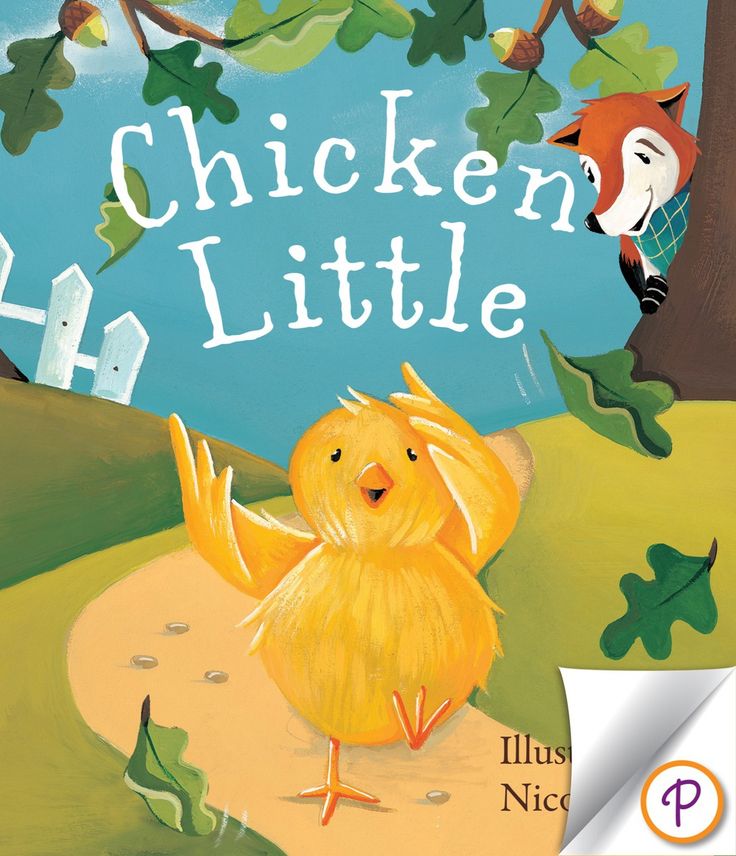 Moreover, chicken cells are very similar to human ones. Looking at a chicken and a person, it’s not easy to guess this! And in the nucleus of each cell in a chicken and a person there is information about the whole organism.
Moreover, chicken cells are very similar to human ones. Looking at a chicken and a person, it’s not easy to guess this! And in the nucleus of each cell in a chicken and a person there is information about the whole organism.
One hundred billion cells seems like a lot. But in fact, the egg and its descendants can divide quickly - say, once an hour. Then in ten hours there will be about 1000 cells (2×2×2×2×2×2×2×2×2×2 = 1024). Twenty hours later, a million. Thirty years later, a billion. Another 5-6 hours - and the desired number has been reached! So the cells especially can not be in a hurry. After all, in fact, the chicken develops in 21 days.
True, if you take one chicken cell with a nucleus and plant it in a nutrient medium, you will not get a whole chicken in this way (although this number works with plants). Usually, animal cells remember “who they worked for” in the whole organism (see How do cells understand that some should become hair, others bones, third brains, etc.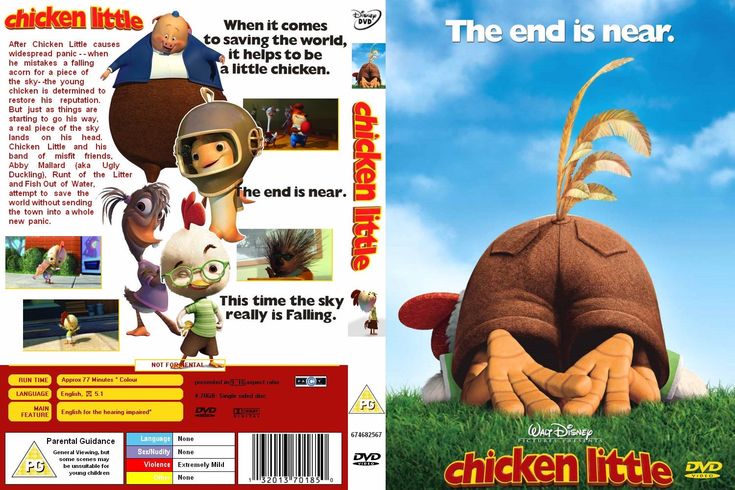 ? And from which center are they given commands?) and retain their properties during reproduction outside the body. To get a whole animal out of an ordinary cell, you need to extract the nucleus from it and place it inside the egg (and remove or destroy the nucleus of the egg). Then you can get the whole organism.
? And from which center are they given commands?) and retain their properties during reproduction outside the body. To get a whole animal out of an ordinary cell, you need to extract the nucleus from it and place it inside the egg (and remove or destroy the nucleus of the egg). Then you can get the whole organism.
They don't do this with chickens and crocodiles - their eggs are difficult to work with. But with frogs, mice and many other mammals, they have already learned.
So, in the cytoplasm of the egg there are some important substances that help to read hereditary information in such a way as to get a whole organism. In addition, two copies of information in the eggs are not quite common. One copy in the form of a set of 39 chromosomes, that is, of 39 DNA molecules, is from a chicken. The second copy (also in the form of a set of 39chromosomes) gives a rooster. The rooster sperm fuses with the egg while it does not yet have a shell. Then the chicken dresses the egg with additional shells, lays the egg and begins to incubate it.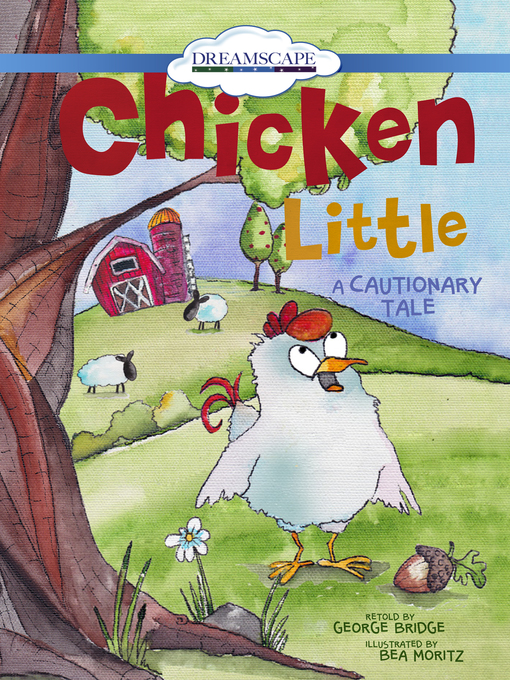 The nucleus of the egg doubles all 78 chromosomes, and 78 chromosomes enter each daughter cell.
The nucleus of the egg doubles all 78 chromosomes, and 78 chromosomes enter each daughter cell.
Almost all animals and plants have eggs. But what about other organisms - unicellular? Single-celled organisms, such as amoeba, look very different from humans and chickens. But the method of recording information and cell division is almost the same for them. Information about the structure of the amoeba cell is contained in a single nucleus. During reproduction, the nucleus first divides, and then the cell, and two new amoeba are obtained. And the amoeba does not have eggs and sperm.
But many single-celled organisms also have eggs. These "eggs" do not look very similar to chicken ones. And they behave differently. After merging with the spermatozoon, they quickly divide several times, and then the formed cells scatter about their business. This is how, for example, the eggs of the unicellular green alga Chlamydomonas behave (Fig. 4).
Once upon a time only unicellular organisms lived on Earth.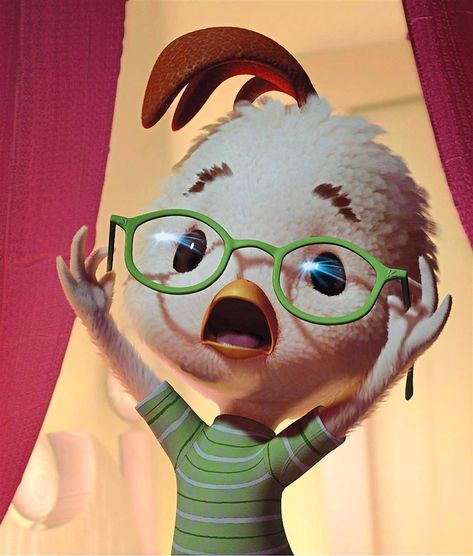 This means that multicellular animals originated from some of them. Scientists do not know exactly where and when the unicellular organisms that became our ancestors lived. They probably lived in the shallow waters of the seas, and the estimated time frame is from about a billion to 700 million years ago. But surprisingly, some of the genes in their eggs were already almost exactly the same as those of the chicken. This is known for certain, because such genes are generally almost the same in all organisms from cells with a nucleus. (Think about what these genes might be responsible for.) So "proto-proto-chicken" eggs existed a billion years before chickens.
This means that multicellular animals originated from some of them. Scientists do not know exactly where and when the unicellular organisms that became our ancestors lived. They probably lived in the shallow waters of the seas, and the estimated time frame is from about a billion to 700 million years ago. But surprisingly, some of the genes in their eggs were already almost exactly the same as those of the chicken. This is known for certain, because such genes are generally almost the same in all organisms from cells with a nucleus. (Think about what these genes might be responsible for.) So "proto-proto-chicken" eggs existed a billion years before chickens.
And then, in some of our distant ancestor, the cells with flagella, formed during the division of the egg, stopped scattering. They remained glued. We can say that it was the first "chicken" - the future animal. What supposedly happened next - willing parents can read here in this scientific article. Gradually, genes changed in such eggs - some were lost, some doubled, some new ones appeared (how this happens, we will analyze another time).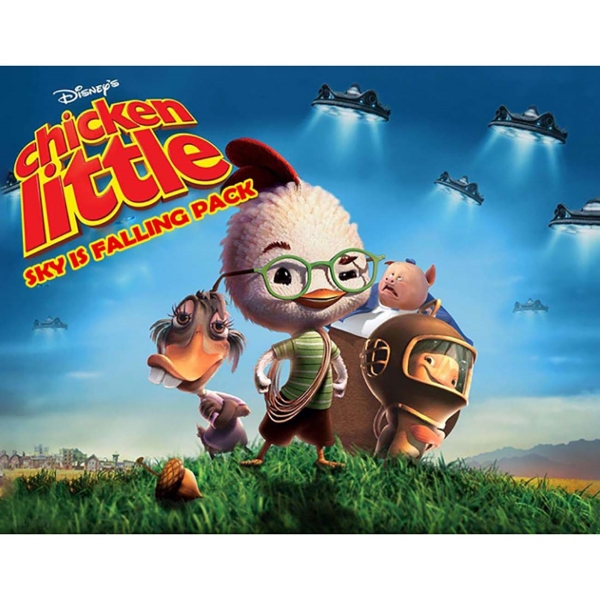 Creatures came out of such eggs, more and more like chickens. From the eggs (caviar) fish began to emerge. Then, about 400 million years ago, some fish learned to breathe air and walk along the bottom on short legs. A little later, some of them began to crawl out onto land. Gradually, they turned into amphibians, similar to newts. They laid their eggs (eggs) in the water for a very long time. Finally the reptiles appeared. They "learned" to dress their eggs in shells and lay them on land (they also include crocodiles - by the way, the closest relatives of birds from among modern reptiles).
Creatures came out of such eggs, more and more like chickens. From the eggs (caviar) fish began to emerge. Then, about 400 million years ago, some fish learned to breathe air and walk along the bottom on short legs. A little later, some of them began to crawl out onto land. Gradually, they turned into amphibians, similar to newts. They laid their eggs (eggs) in the water for a very long time. Finally the reptiles appeared. They "learned" to dress their eggs in shells and lay them on land (they also include crocodiles - by the way, the closest relatives of birds from among modern reptiles).
Reptiles have legs so arranged that it is difficult for them to run for a long time. And to be able to run fast and for a long time is, of course, very useful. And there were such reptiles that "learned" to do this. But for this they had to stand on their hind legs. This is how dinosaurs appeared.
Here the birds were already very close. All dinosaurs laid eggs, and some incubated them.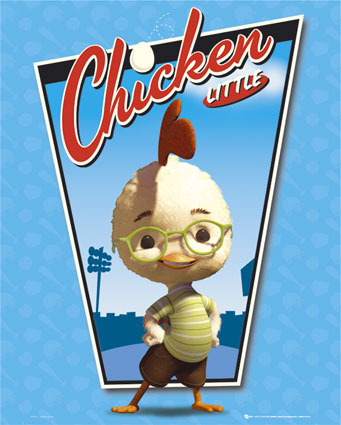 Some of the dinosaurs, apparently, were very smart in general, they could take care of and raise their “chickens”. They were almost as smart as chickens (and, contrary to popular belief, chickens are very smart and cunning birds). And finally, in some of these dinosaurs, the genes changed slightly, and the scales on their bodies gradually turned into feathers. And the dinosaurs themselves (more precisely, some of them) did not die out at all - they turned into birds.
Some of the dinosaurs, apparently, were very smart in general, they could take care of and raise their “chickens”. They were almost as smart as chickens (and, contrary to popular belief, chickens are very smart and cunning birds). And finally, in some of these dinosaurs, the genes changed slightly, and the scales on their bodies gradually turned into feathers. And the dinosaurs themselves (more precisely, some of them) did not die out at all - they turned into birds.
Thus, the first true animal egg appeared probably more than 700 million years ago, and maybe more than a billion. The first dinosaur eggs, already very similar to chickens, appeared about 225 million years ago. And the first chickens - more or less close relatives of modern chickens - appeared only 90 million years ago. That's how much older the egg is! And the fact that the first eggs were not chicken - so the question does not ask about this ...
Answered: Sergey Glagolev
"Orange sky, orange sea.
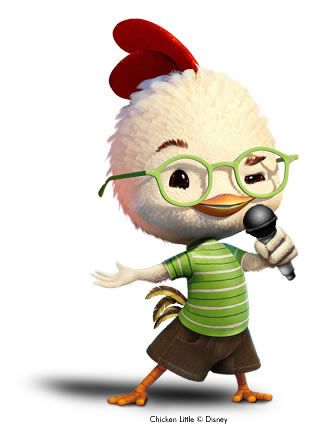 ." and as a camel... orange chicken:) ?
." and as a camel... orange chicken:) ? Previous Entry | Next Entry
Hello everyone :)
Remember, I promised you a cheerful orange revolution for a week. )
Well, now .. laughter, laughter, but it may be time for the children to move on to the second part of the previously announced program and we will start with ... chicken in an orange marinade .. Once upon a time, when the trees were large, I still lived on "Cooking", I often cooked chicken with fruits .. and often with oranges ... So if you are not an opponent of taste bundles: chicken + fruits ... you will like this easy-to-follow recipe, very unhackneyed in terms of taste sensations .. Sho ? Enemy? Toda, call your aunt (uncle :)) ... sit on the sidelines, wait for the next post to call .. Well, we are "perverts" :) continue:
"Orange Chicken" or Orange Marinated Chicken Breast.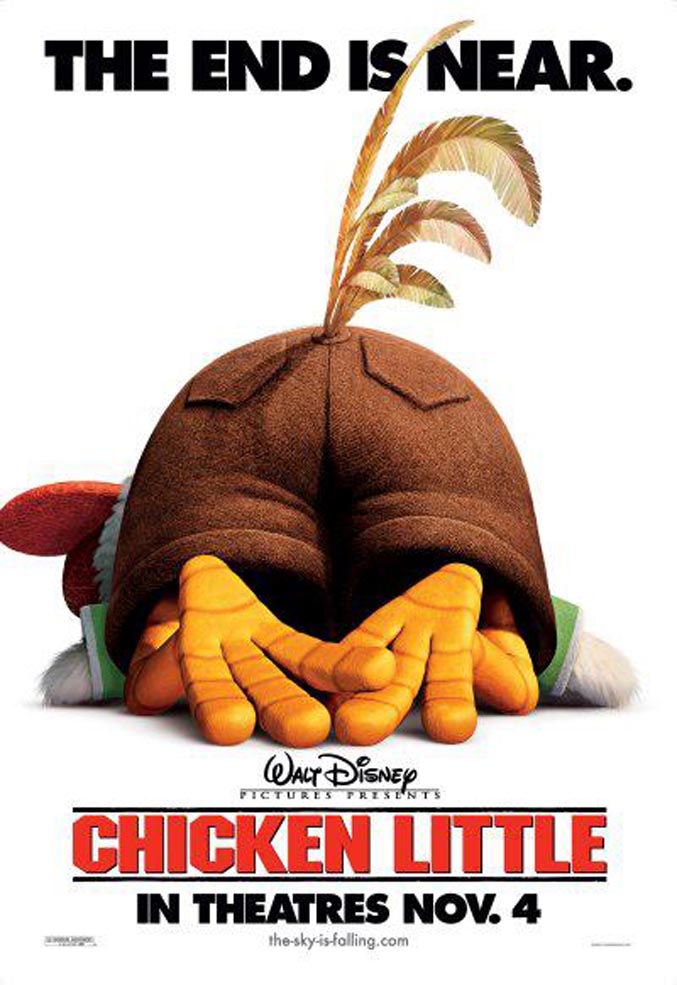
2-3 Chicken breasts
Marinad:
SOK of two medium-sized orange
zedra from one orange
2 Creded Cam Camedon
5 tbsp, olive oils
2 st. 1/3 cup Maple syrup or 1/3 tbsp. "Silan" (date honey)
2 sliced (with peel) tangerines
Black pepper, salt
A whisper of cinnamon
a whisper-10 "threads" of saffron 1.Soak saffron in 1/2 cup warm water.Let it steep for 15-30 minutes. Really simple? Very simple+original taste:) Notes:
2.Cut the breast into "strips".
3.Mix all marinade ingredients (including saffron and "saffron liquid") and put chopped chicken into it. Marinate for 3 hours or more.. Best to marinate overnight.
4.Heat a frying pan with oil well (if you have a frying pan with a non-stick coating, you can refuse the oil.) Remove the meat from the marinade and dry it slightly. Put in a frying pan and fry on both sides (about 3-4 minutes on each side .Meat should turn white).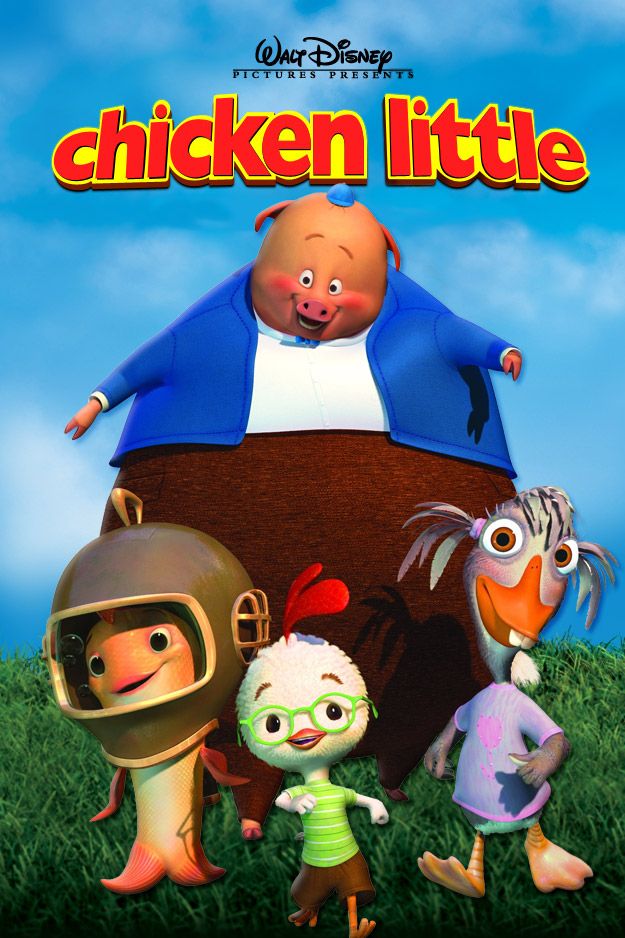
5. Add marinade to the pan (without tangerines), close the pan with a lid and simmer the meat for another 5-7 minutes.
* if you don't have saffron (what a horror...you don't have saffron..how do you live without it?...hope happily :)) do without it.
Schaub you didn't swear (shouted here .. you understand:))).. writing update:
"Maple" (aka maple syrup) and "Silan" (aka date syrup) .. can be replaced with regular honey. .or, even, for orange jam..it will also have an interesting taste... M T W T F S 1 2 3 4 5 6 7 8 9 10 11 12 13 14 15 16 17 18 19 20 21 22 23 24 25 26 27 28 29 30 31

Learn more

